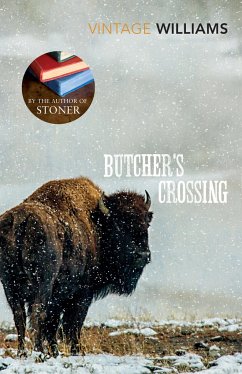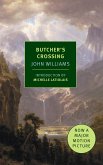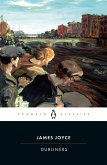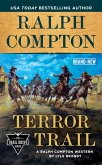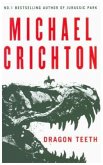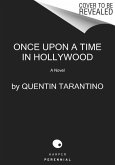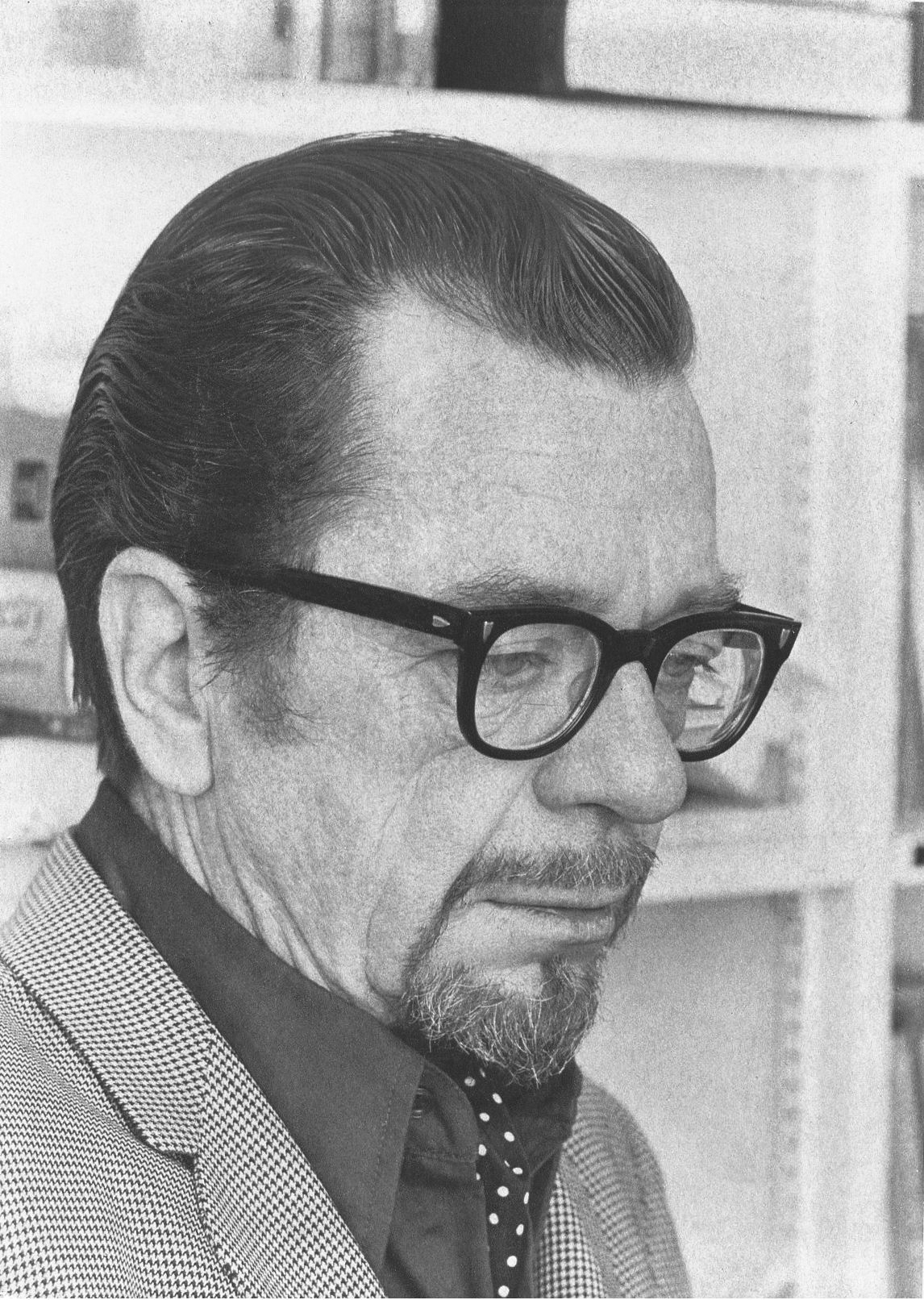__NOW A MAJOR FILM__
BY THE AUTHOR OF STONER
Will Andrews is no academic. He longs for wildness, freedom, hope and vigour. He leaves Harvard and sets out for the West to discover a new way of living.
In a small town called Butcher's Crossing he meets a hunter with a story of a lost herd of buffalo in a remote Colorado valley, just waiting to be taken by a team of men brave and crazy enough to find them. Will makes up his mind to be one of those men, but the journey, the killing, harsh conditions and sheer hard luck will test his mind and body to their limits.
BY THE AUTHOR OF STONER
Will Andrews is no academic. He longs for wildness, freedom, hope and vigour. He leaves Harvard and sets out for the West to discover a new way of living.
In a small town called Butcher's Crossing he meets a hunter with a story of a lost herd of buffalo in a remote Colorado valley, just waiting to be taken by a team of men brave and crazy enough to find them. Will makes up his mind to be one of those men, but the journey, the killing, harsh conditions and sheer hard luck will test his mind and body to their limits.
His Stoner is the book that has garnered the attention, but I prefer this earlier take on the Western genre...it has some gory, visceral passages that are not for the faint-hearted Kate Atkinson Irish Times
"One of the finest books about the elusive nature of the West ever written...It's a graceful and brutal story of isolated men gone haywire." --Time Out New York
"Harsh and relentless yet muted in tone, Butcher's Crossing paved the way for Cormac McCarthy. It was perhaps the first and best revisionist western." --The New York Times Book Review
"One of the finest novels of the West ever to come out of the West."--The Denver Post
Butcher's Crossing is perhaps the finest western in literature. John Williams may have published only a few novels, but they were all just about perfect. Although the subject and story is much different than Williams's Stoner, Butcher's Crossing is equally beautiful, heartbreaking, and historically accurate." Jeffrey J, Powell s City of Books blog
"Williams didn't write much compared with some novelists, but everything he did was exceedingly fine...it's a shame that he's not more often read today...But it's great that at least two of his novels [Stoner, Butcher's Crossing] have found their way back into print." --The Denver Post
Reading John Williams even to have done so at the time these novels were written is an exercise in nostalgia, a nostalgia found also in writers like Willa Cather, for whom the West represented a lost redoubt of intellectual dignity...It is tempting to say that Cather's tradition flagged because the West has changed it is no longer anybody's bildungsroman but it is safer to say that writers as talented and right-minded as John Williams are not naturally plentiful. New York Sun
This story about the hunt of one of the last great buffalo herds "becomes a young man's search for the integrity of his own being...The characters are defined, the events lively, the place, the smells, the sounds right. And the prose is superb, a rarity in writing about the west. More, John Williams."--The Chicago Tribune
"John Williams's unsparing novels express a highly qualified though resilient optimism about our ability to salvage something of value from life's impossible conditions. Along with the necessary isolation of the artist, he conveys the sobering if startled recognition--perhaps with his own career in mind--of the transitory triumph of art."--Times Literary Supplement
Butcher s Crossing dismantles the myth of the west, revealing a horror story about the grinding day to day of just surviving [a] restrained and gorgeous lyricism even in its softer moments it doesn t overdo anything, and the moral criticism is in the precision of the language, the now-famous simple and elegant Williams prose. Bret Easton Ellis, The Guardian
"Harsh and relentless yet muted in tone, Butcher's Crossing paved the way for Cormac McCarthy. It was perhaps the first and best revisionist western." --The New York Times Book Review
"One of the finest novels of the West ever to come out of the West."--The Denver Post
Butcher's Crossing is perhaps the finest western in literature. John Williams may have published only a few novels, but they were all just about perfect. Although the subject and story is much different than Williams's Stoner, Butcher's Crossing is equally beautiful, heartbreaking, and historically accurate." Jeffrey J, Powell s City of Books blog
"Williams didn't write much compared with some novelists, but everything he did was exceedingly fine...it's a shame that he's not more often read today...But it's great that at least two of his novels [Stoner, Butcher's Crossing] have found their way back into print." --The Denver Post
Reading John Williams even to have done so at the time these novels were written is an exercise in nostalgia, a nostalgia found also in writers like Willa Cather, for whom the West represented a lost redoubt of intellectual dignity...It is tempting to say that Cather's tradition flagged because the West has changed it is no longer anybody's bildungsroman but it is safer to say that writers as talented and right-minded as John Williams are not naturally plentiful. New York Sun
This story about the hunt of one of the last great buffalo herds "becomes a young man's search for the integrity of his own being...The characters are defined, the events lively, the place, the smells, the sounds right. And the prose is superb, a rarity in writing about the west. More, John Williams."--The Chicago Tribune
"John Williams's unsparing novels express a highly qualified though resilient optimism about our ability to salvage something of value from life's impossible conditions. Along with the necessary isolation of the artist, he conveys the sobering if startled recognition--perhaps with his own career in mind--of the transitory triumph of art."--Times Literary Supplement
Butcher s Crossing dismantles the myth of the west, revealing a horror story about the grinding day to day of just surviving [a] restrained and gorgeous lyricism even in its softer moments it doesn t overdo anything, and the moral criticism is in the precision of the language, the now-famous simple and elegant Williams prose. Bret Easton Ellis, The Guardian

